The immigration law is a highly technical area of law which is continually changing. Many people fall prey to the multitude of visa consultants, notary publics and others holding themselves out as qualified in the immigration law. This is often the illegal practice of law.
The Law Office of Thomas V. Sassone P.C. is a full-service law firm which recognizes the special needs and requirements of those who are not citizens of the United States. We’ve been practicing immigration law for over 30 years and provide experience in all areas of immigration law.
Non-U.S. citizens are often treated differently under the many laws of the U.S. Whether people are in the U.S. legally or not, the firm strives to provide its clients with a full range of services while always considering the special circumstances which may affect them




